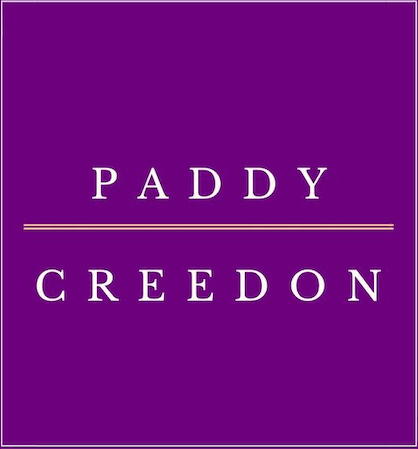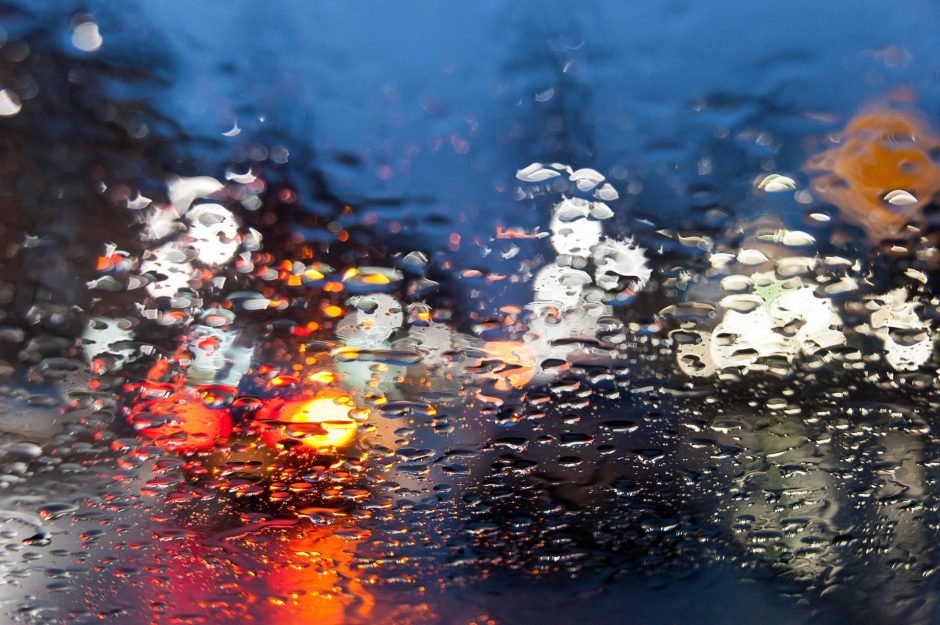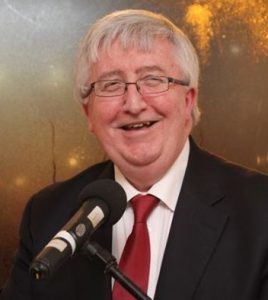Drink Driving- Drink Walking – in Ireland
Over the course of the past few weeks I have noticed that our ‘drinking culture’ is back to its very worst. This comes at a time when we face much uncertainty with a cost of living, housing, homelessness and healthcare crises like none that we have seen before. This is set against a world-wide energy crisis and an unforgiving war in Europe that is destroying the lives of many. So it’s easy to allow our hazardous drinking culture to again become the norm post-Covid.
So I ask the question: do we continue to sleepwalk our way through life in a belief that everything about our ‘drink and drug culture‘ will be alright the morning after?
Being in long-term recovery from alcohol use disorder (a medical consultant referred to my condition back in 1977 as chronic alcoholism) maybe I am a bit more sensitive to a culture awash with alcohol; where alcohol flows freely without any thought to the negative consequences of our harmful consumption; made more dangerous with freely available illicit and other mood altering drugs.
Recently I,
● Attended a ‘free’ drinks reception where people consumed all combinations of alcoholic drinks, as if there was no tomorrow. I left after 45 minutes.
● Arrived at a hotel where I was staying with some friends from Northern Ireland to be greeted by a man vomiting at the front door. Céad Míle Fáilte, with a difference.
● Awoke in another hotel one morning to find a young man passed out on the floor by his room. He was breathing, naked and in a total blackout. Afterwards, I found out he didn’t consume any alcohol in the hotel where he was staying. The duty of care shown by the hotel staff has to be commended.
● Read a report in the Mayo News under the heading “Farmer escapes jail after fourth drink driving arrest” about how a local 42 year old farmer was almost 5 times over the legal drink driving limit.
So what do all these events have in common?
Our default position, as a finger wagging nation is to blame the individual without asking why; what is causing such compulsive harmful behaviours? What is really happening to a person with a name, somebody’s son or daughter, sister or brother, husband or wife, suffering the afterglow of shame, stigma and guilt associated with the harm alcohol causes to self and others. Do economic interests have a role to play? Absolutely. Facilitating free and uncontrolled alcohol consumption in any location should no longer be legal, in my view. Part of any granting of renewing licenses in pubs, clubs etc. should be: NO MORE FREE DRINK.
Is there a long term solution?
Yes of course, there are many and ones we haven’t tried yet. For example, in 2012 New Zealand introduced the Alcohol and Other Drug Treatment Court on a pilot basis with some impressive results.
The Alcohol and Other Drug Treatment (AODT) Court, operating out of the Auckland and other District Courts, is overseen by the judiciary. It brings together government agencies, health service providers and the local community to better support an effective response to alcohol and other drug substance use disorders.
The AODT Court is an example of a specialist, solutions-focused approach that aims to deliver better outcomes and experiences for court participants with alcohol and other drug substance use disorders, victims, and the wider community.
In June 2019, an Outcomes Evaluation found that participants who completed the programme experienced better relationships with improved health and increased opportunities for training. Within two years after graduating from the Court, participants were less likely to offend, less likely to be in prison and less likely to be involved with Police services. Where subsequent offending occurred, it was likely to be less serious offending.
Whilst we are awaiting any government action on such a development, our judicial system should adopt a procedure that before anybody comes to court facing a drink driving or alcohol related charge, they could voluntarily undergo a professional assessment for alcohol/substance use disorder and present the outcomes report in court. Depending on the outcome report, the judge could direct the defendant to attend and take part in a compulsory rehabilitation programme and remain alcohol and drug free for a specified time frame. Depending on the seriousness of the charge, sentencing (if found guilty) could be deferred for a specified period with strict conditions imposed by the courts for the duration of any rehabilitation programme.
Surely we owe current and future generations a viable solution to an epidemic again sweeping across our island. Although, I am not sure that this epidemic ever went away.
Yours,
Paddy Creedon






